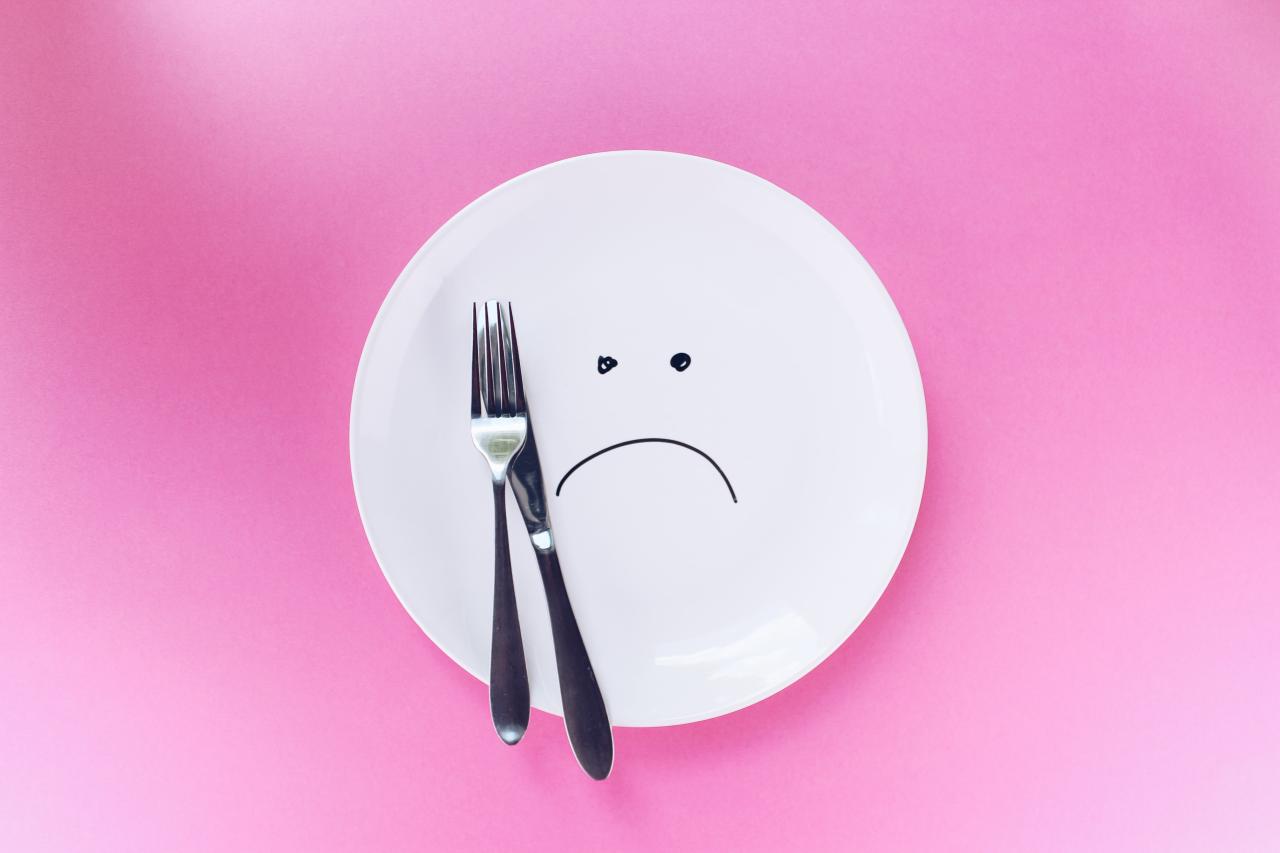4 reasons why you don't feel hungry

There are many factors that can lead to a temporary loss of appetite but there exists other conditions that could cause a more permanent disruption to one’s appetite.
Your brain and gut work together to let you know when your body needs fuel to keep it going. That is the simple explanation for hunger—a signal that you need to replenish your energy—by eating.
Discover our latest podcast
But for various reasons, your body may not be receiving this message, causing a drop in appetite. This could lead to unintentional weight loss, tiredness, or nutritional deficiencies.
More under this adMore under this adHere are some possible reasons why you hardly ever feel hungry.
Physical health related causes
Some health conditions can have varying degrees of impact on one’s appetite. Usually, after recovering from short-term illnesses such as the cold or flu, one’s appetite is restored.
But when that does not happen, it could be because of other underlying health conditions such as irritable bowel syndrome, hepatitis, heart failure, chronic liver and kidney diseases, HIV, etc. Some women also experience a loss of appetite during pregnancy.
More under this adMore under this adMental and emotional health causes
Different people react to emotional and mental health conditions differently, especially when it relates to food. For instance, some people tend to lose their appetite when they are stressed while others overeat to manage these situations.
Grief, sadness and other strong emotions can also lead to a loss of appetite.
Mental health issues such as anxiety disorder, depression, eating disorders and substance abuse can impact appetite.
Medications
Certain medications can alter one’s appetite by causing nausea, and a change in smell and/or taste.
Medications such as antibiotics, strong pain relievers, antidepressants, sedatives, radiation therapy and chemotherapy can have a longer lasting effect on one’s appetite.
More under this adMore under this adAgeing
As you age, your digestion gradually slows making you feel fuller for a longer period of time.
Your sense of smell, taste or vision may also be impacted with age resulting in food not having the same appeal as before.
In fact, up to 30% of older people have less appetite than they used to. Hormonal changes, a chronic illness, and medications can also curb your hunger the older you get.
More under this adMore under this adWhen to see a doctor
As indicated, a loss of appetite could be short-lived with many people returning to their normal state after recovery or surviving a stressful situation.
Some people improve their appetite with lifestyle changes such as sleeping better, exercising and eating with others.
But if you experience a persistent disinterest in food making you eat less than your body requires, you should see a doctor.
More under this ad